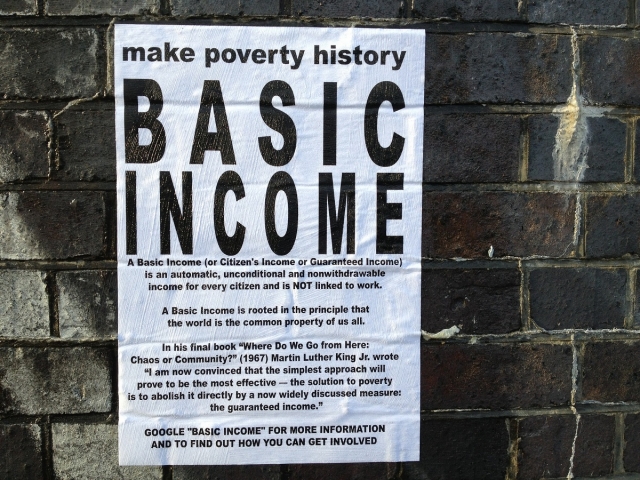“It is, therefore, from the history of nature and human society that the laws of dialectics are abstracted. For they are nothing but the most general laws of these two aspects of historical development, as well as of thought itself.” (Engels)
The importance of dialectics
 Many people do not realise that Marxism began as a philosophy, and Marx and Engels adhered to a definite philosophical standpoint all their lives – the standpoint of dialectical materialism. And although it may seem unlikely to some, it is impossible to understand Marxism without a thorough understanding of this subject.
Many people do not realise that Marxism began as a philosophy, and Marx and Engels adhered to a definite philosophical standpoint all their lives – the standpoint of dialectical materialism. And although it may seem unlikely to some, it is impossible to understand Marxism without a thorough understanding of this subject.
Many people regard philosophy with a certain distain. It appears as something abstract, academic, dry and utterly remote from real life. This attitude is quite understandable. The “official” bourgeois philosophy that is taught in the universities is of interest only to a handful of academics who have nothing better to do than waste their time in endless and arid discussions on the meaning of words. But Marxist philosophy is not like that. It is a very powerful tool for understanding reality. And in order to change the world, it is first of all necessary to understand it.







